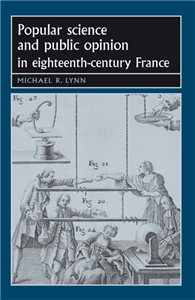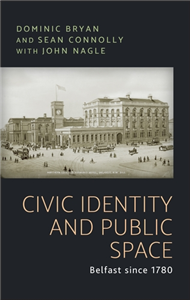Business, Economics & Law
August 2013
The Science and Art of Winning Cooperative Partners
This book is a clear and compact guide on how to succeed by means of goal-oriented negotiation and cooperative persuasion. Readers learn models to understand and describe what takes place during negotiations, while numerous figures, charts, and checklists clearly summarize effective strategies for analyzing context, processes, competencies, and the impact of our own behavior. Real-life case examples vividly illustrate the specific measures individuals and teams can take to systematically improve their powers of persuasion and bargaining strength. The book also describes a modern approach to raising negotiation competencies as part of personnel development, making it suitable for use in training courses as well as for anyone who wants to be a more persuasive and successful negotiator.
Target Group: For work and organizational psychologists, HR professionals, coaches, management trainers and trainees.
























